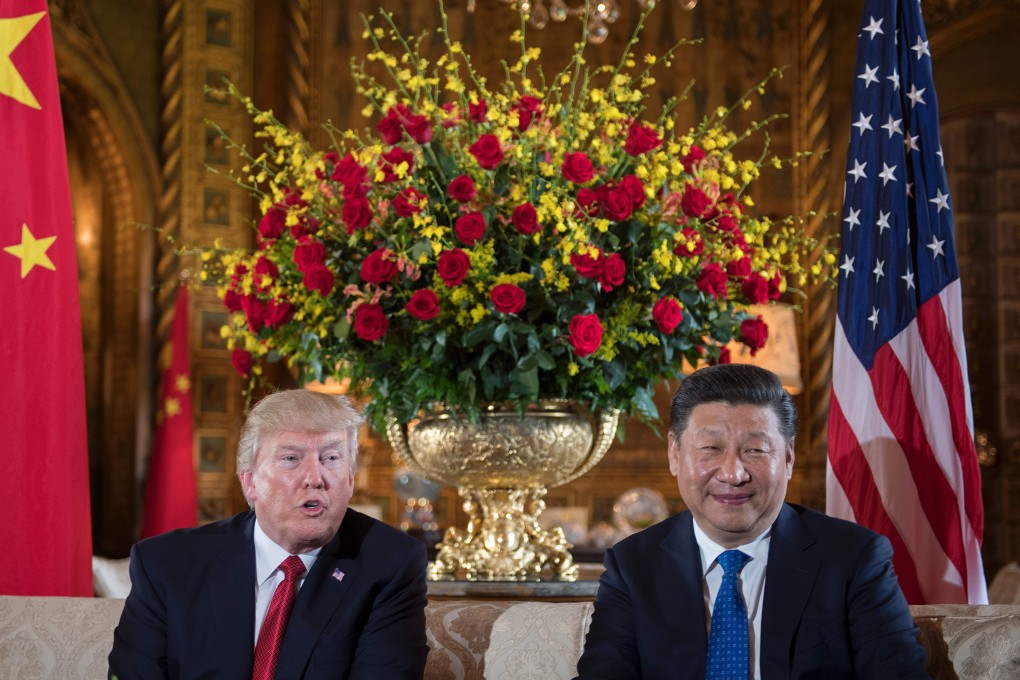Advertisement
Opinion | Could Trump finally call off the cold war with China?
Unbounded by traditional American exceptionalism, Trump could reframe deal-making with adversaries as a strength rather than a weakness
Reading Time:3 minutes
Why you can trust SCMP
6

Of the many dramatic and absurd occurrences that marked the 2024 US election campaign, one of the most confusing was Donald Trump’s praise of Chinese President Xi Jinping – his supposed arch-geopolitical rival in the new cold war.
Advertisement
At an event in July 2023, Trump described Xi as “smart, brilliant, everything perfect” and said that there was “nobody in Hollywood like this guy”. In July last year, he said Xi wrote him a “beautiful note” after hearing of the attempt on his life.
“He’s a brilliant guy whether you like it or not,” Trump told podcaster Joe Rogan in October. “He controls 1.4 billion people with an iron fist.” When Rogan said that didn’t mean Xi wasn’t evil, Trump replied, “We have evil people in our country.”
Xi is not the only leader of a rival of the US who Trump has praised. In 2022, after Russia’s invasion of Ukraine, Trump said Russian President Vladimir Putin was “savvy” and a “genius”. While US President Joe Biden has called Hamas’ attack on Israel on October 7, 2023 an “unadulterated evil”, Trump has held back moral judgment and instead described Hamas’ ally Hezbollah as “smart”.
Indeed, Trump’s remarks stand in stark contrast to how US ideological rivals have been framed over the last century. The Soviet Union was called an “evil empire”. Iraq, Iran and North Korea were termed an “axis of evil”.
Advertisement
Trump’s reframing of geopolitical rivals from “evil” to “smart’ is part of his attempt to boost his own image. As pro-Nazi German theorist Carl Schmitt argued, to have credibility as a leader you must frame yourself as the antithesis of a threat posed to the community. With this insight, Putin’s and Xi’s purported brilliance and toughness are central to constructing Trump’s claim to being the perfect person for the US presidency.

Advertisement
